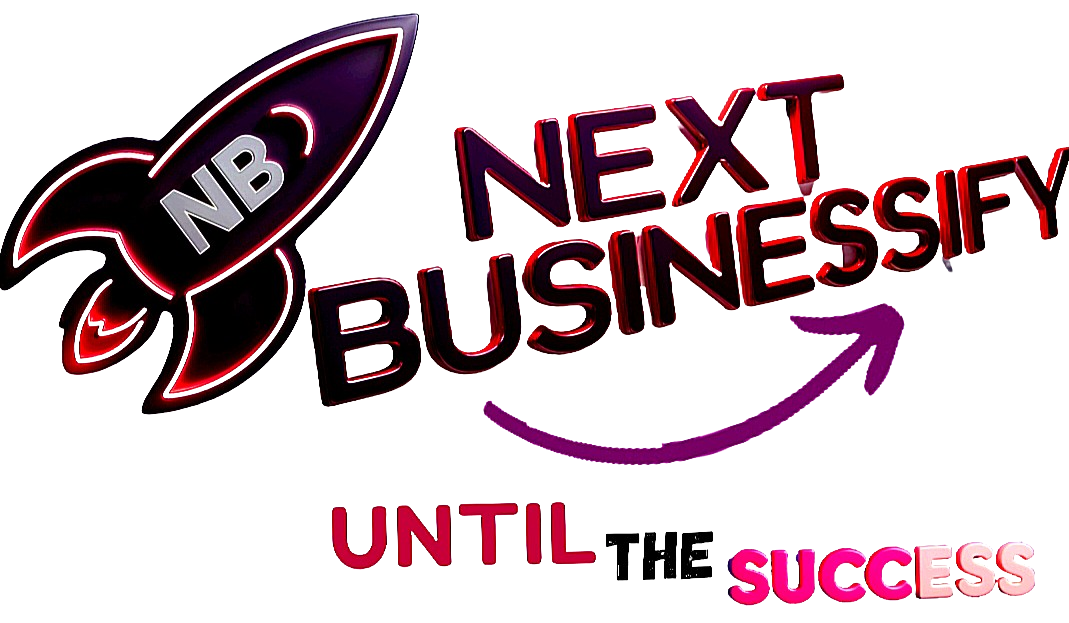Introduction
In a surprising move, a leading artificial intelligence (AI) company, backed by tech giants Amazon and Google, has decided to ban the use of AI tools in its hiring processes. This decision has sparked a debate about the ethical implications of using AI in recruitment and the potential biases it may introduce.
The company, which specializes in developing cutting-edge AI technologies, has taken a stand against using its own tools for hiring, citing concerns over fairness, transparency, and the potential for algorithmic bias. This decision highlights the growing awareness of the limitations and risks associated with AI in sensitive areas like employment.

Why the Ban on AI Tools in Hiring?
Concerns Over Algorithmic Bias
One of the primary reasons for the ban is the risk of algorithmic bias. AI tools used in hiring often rely on historical data to make decisions. If this data contains biases—such as favoring certain demographics or educational backgrounds—the AI may perpetuate or even amplify these biases.
For example, an AI tool might unfairly disadvantage candidates from underrepresented groups or those with non-traditional career paths. This could lead to a lack of diversity in the workplace and reinforce existing inequalities.

Lack of Transparency
Another issue is the lack of transparency in how AI tools make decisions. Many AI algorithms operate as “black boxes,” meaning their decision-making processes are not easily understandable by humans. This lack of clarity can make it difficult for companies to explain why a candidate was rejected, leading to potential legal and ethical challenges.
Ethical Responsibility
As a leader in the AI industry, the company feels a strong ethical responsibility to set an example. By banning the use of AI tools in hiring, it aims to promote fairer and more inclusive recruitment practices. This decision also aligns with growing calls for greater accountability in the development and deployment of AI technologies.

The Broader Implications of AI in Hiring
The Rise of AI in Recruitment
AI tools have become increasingly popular in recruitment over the past decade. These tools can automate tasks like resume screening, candidate matching, and even conducting initial interviews. Proponents argue that AI can save time, reduce costs, and eliminate human biases.
However, critics point out that AI is not immune to bias and may inadvertently introduce new forms of discrimination. The ban by this AI company underscores the need for careful consideration of these risks.
Regulatory Challenges
The use of AI in hiring also raises regulatory challenges. Governments and organizations around the world are grappling with how to regulate AI to ensure it is used ethically and responsibly. The European Union, for instance, has proposed strict regulations on AI, including requirements for transparency and accountability.
The decision by this company could influence other organizations to rethink their use of AI in hiring and push for stronger regulatory frameworks.

What’s Next for AI in Hiring?
A Call for Ethical AI Development
The ban serves as a reminder that AI development must prioritize ethics and fairness. Companies developing AI tools for hiring need to ensure their algorithms are free from bias and transparent in their decision-making processes.
Human-Centric Recruitment
While AI can assist in recruitment, it should not replace human judgment entirely. A human-centric approach, where AI tools are used to augment rather than replace human decision-making, may be the way forward. This approach can help balance efficiency with fairness and inclusivity.

Conclusion
The decision by this AI company to ban the use of AI tools in hiring is a significant step toward addressing the ethical challenges posed by AI in recruitment. It highlights the importance of fairness, transparency, and inclusivity in the development and deployment of AI technologies.
As the debate over AI in hiring continues, this move could inspire other companies to adopt more ethical practices and push for stronger regulations. Ultimately, the goal should be to create a future where AI enhances, rather than undermines, fair and inclusive hiring practices.




